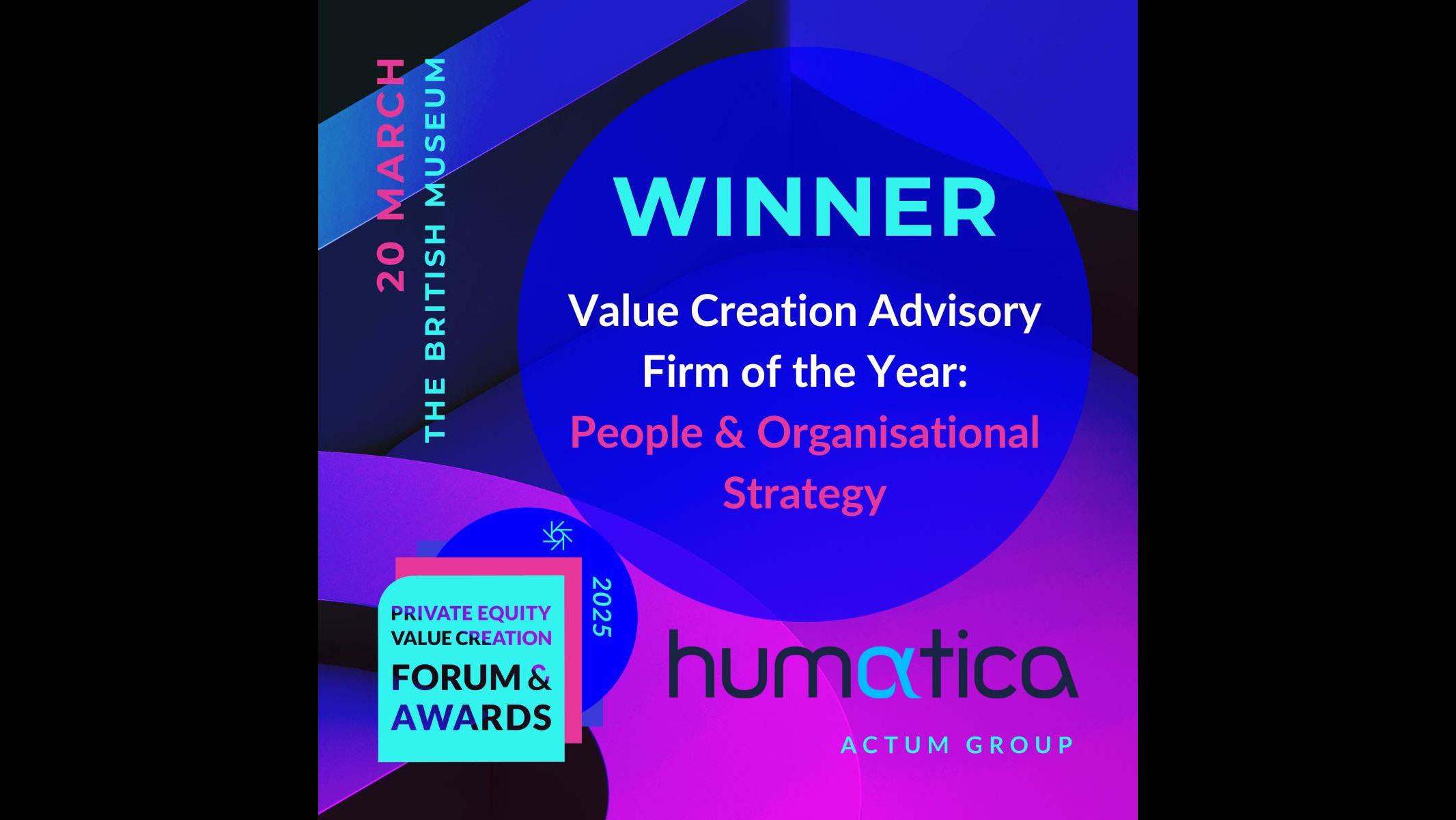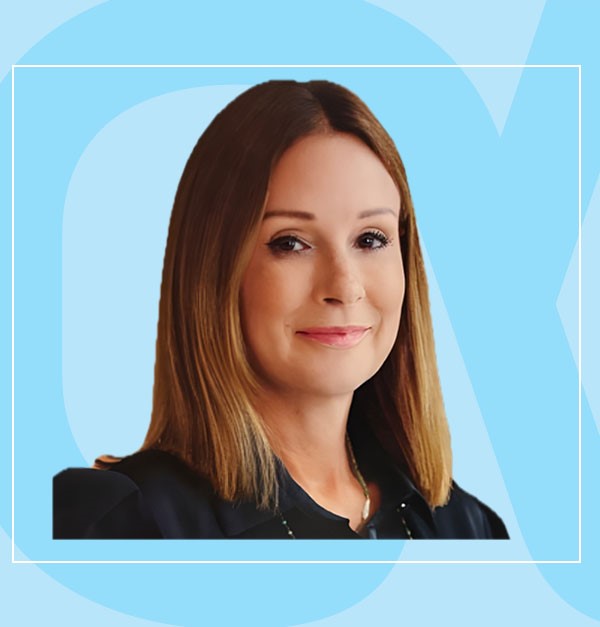This month marks our 15th year serving private equity investors and portfolio company management teams.
In an otherwise turbulent business environment during this period, including the global financial crisis, Humatica has stuck to the original purpose for which it was founded – to deliver hard facts analytics and experienced transformation advisory that increase organisational performance and enterprise value.
Looking back over this period, we would first like to thank the many private equity sponsors and portfolio company leaders who put trust in us to help them reshape their organisations to be more effective. Without this, Humatica would not be where it is today.
Private equity is transforming and looks much different today from when I started the company. First, it is much bigger. Larger chunks of the economy are now controlled through private markets. With this, has come an increasingly difficult struggle to maintain above market returns. And, with growth, many new people have joined the industry. So there is not a large institutional memory to rely on. We are still discovering how best to grow value. Methods, processes and structures are evolving.
When I started Humatica, there were no Operating Partners. This changed about 10 years ago. More funds followed the lead of a few pioneers like TPG, CDR and KKR to integrate operational capabilities and augment financial engineering as a driver of value growth. Over the last few years, we have witnessed the emergence of new, specialised operating roles, including for talent. This is part of a logical evolution toward increased specialisation, driven by Adam Smith’s “invisible hand”. So it won’t stop here.
As one of those rare opportunities to reflect, I would like to use our 15 year anniversary to make three predictions about the future of private equity in the next 15 years:
1. Further Industrialisation
The fund management business will continue to move from being a cottage industry to be more like other financial services businesses. That is, more structured leadership and decision-making processes, governance and checks-and-balances. Less dependence on individuals. This brings with it legitimate questions about how to maintain entrepreneurial drive in a more “corporate” environment.
2. Increased Specialisation, Differentiation, Polarisation
Successful funds must have a unique edge whether that be size and breadth of assets, niche industry know-how, geographic specialisation, opportunity type, and the like. The polarisation of capital allocation in favour of funds with a clear positioning that either 1) distributes asset allocation risk better or 2) reduces transaction cost or 3) increases alpha will continue. And, industry transformation will accelerate when the economic fundamentals turn, which could be just around the corner. The good news is that there is a near endless number of dimensions on which fund managers can differentiate today, including new ones in the area of portfolio talent development.
3. Convergence of Investing, Leading and Consulting
There will be further convergence between the worlds of capital allocation, leadership and consulting as the nature of value creation in private markets continues to shift toward operational transformation. In particular, investors increasingly understand that the ability of knowledgeable employees to collectively connect the dots and act on risks and opportunities at all levels in a portfolio company is, in the end, the nugget creating value. The most recent increase in talent operating partners is just one of many obvious manifestations of this trend and recognition. The value growth game has become hand-to-hand combat, mano-a-mano, one team against another to, in the words of CK Prahalad “Compete for the Future.”
The hard-facts metrics needed for measuring specific behaviours and leadership processes underpinning value growth have however so far alluded an otherwise facts-driven PE industry. Sponsors and portfolio company leaders still need tools and methods to measure and manage the underlying behavioural drivers of enterprise value.
We are therefore pleased to have worked closely with many leading funds and MBO teams over the past 15 years to put hard-facts around the soft-factors and behaviours that drive collective agility and value growth. Our work has been a catalyst for positive change.
We look forward to continuing this journey over the next 15 years and to the benefits which the next step in productivity improvement will deliver for employees, managers, end-customers, investors, and society in general.
Andros Payne
Managing Partner & Founder

Humatica, the leading specialist advisor to private equity firms on organizational effectiveness, is proud to announce that it has been named Value Creation Adviser of…
Read more
Humatica, the specialist advisor to private equity firms on organizational effectiveness, has been awarded Actum’s Value Creation Award in the People & Organizational Strategy category—for…
Read more
Humatica, the leading private equity specialist advisor for organizational effectiveness, is pleased to announce that Melissa Mounce has joined the firm as an Operating Partner…
Read moreReceive our news and valuable perspectives on organizational effectiveness each month.